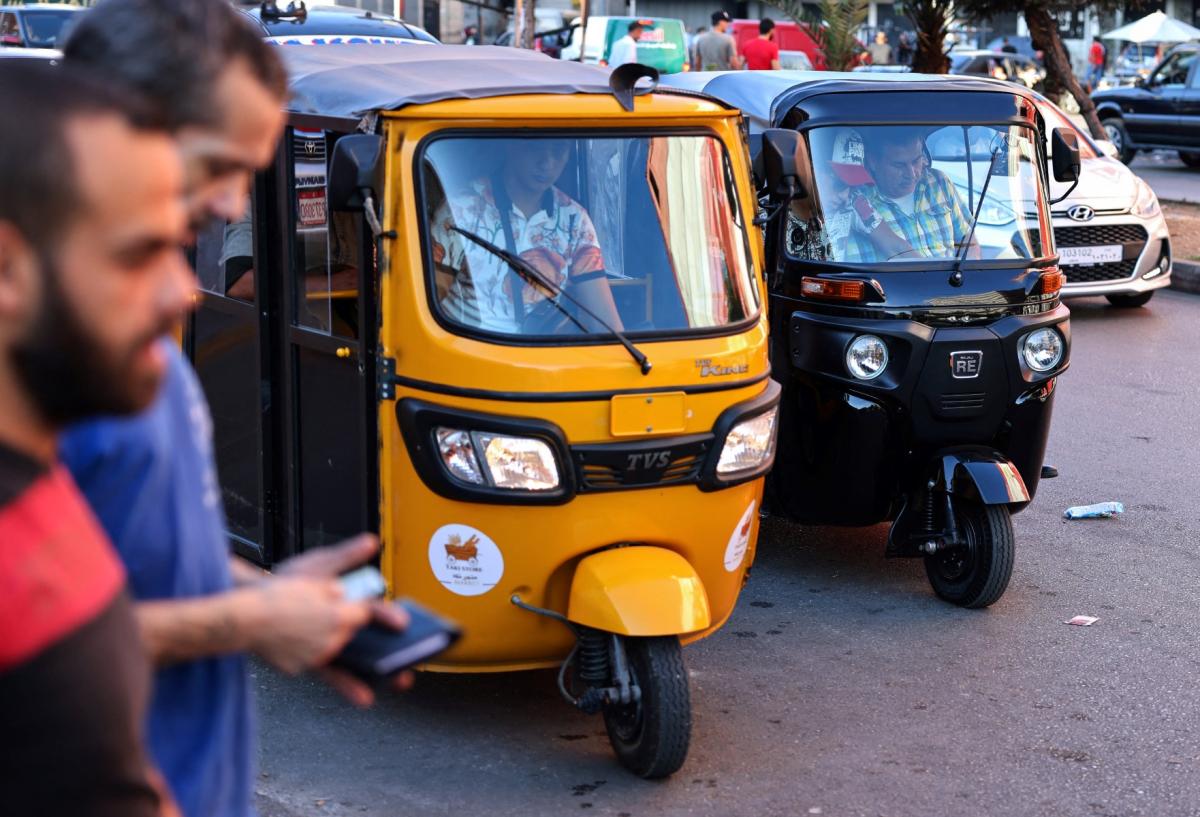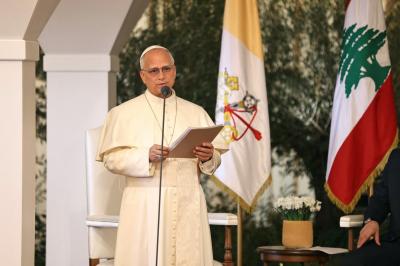In a move that highlights the growing tension between the Lebanese authorities and the population, the Ministry of Interior has issued a controversial decision banning the use of tuk-tuks as a means of public transportation across all Lebanese regions. While the ministry justifies the ban on the grounds of regulation and public safety, the decision has sparked widespread protests—particularly in regions like the Bekaa, Tripoli, Baalbek, and Batroun—where the tuk-tuk has evolved from a simple vehicle into a lifeline for marginalized communities.
Tuk-Tuk: Born of Crisis, Not for Comfort
For years, Lebanon’s economic collapse has dictated people’s daily choices. With the national currency in free fall and fuel prices skyrocketing, owning a car or relying on formal transport is out of reach for many. Enter the tuk-tuk: a low-cost, fuel-efficient, and easy-to-operate alternative that has filled the vacuum left by Lebanon’s absent public transit infrastructure—especially in neglected areas.
To many drivers, the government’s decision completely overlooks the social and economic realities that gave rise to this informal sector. “The tuk-tuk isn’t a luxury—it’s how we survive,” one driver told local media. For countless unemployed youth, it’s a modest source of income. For residents of poorer regions, it’s a cheap and accessible means of mobility.
From Local Fix to National Phenomenon
What began as a grassroots solution in working-class neighborhoods has grown into a national phenomenon. Its rapid expansion was fueled by a lack of alternatives, implicit tolerance from municipalities and security forces, and the vehicle’s ability to navigate Lebanon’s rough terrain.
But the protests that followed the ban reveal that the tuk-tuk is no longer just a mode of transport—it’s now a symbol of socio-economic exclusion. A security source speaking to Lebanon24 expressed surprise at the scale of the demonstrations, underscoring just how deeply embedded the tuk-tuk has become in Lebanon’s urban and rural fabric.
Real Issues, But Is Banning the Answer?
There’s no denying the risks. Most tuk-tuks in Lebanon are unregistered, uninspected, and often driven by underage or unlicensed operators—posing dangers to both drivers and pedestrians. Yet a blanket ban seems like an impulsive fix that lacks strategic foresight.
As Dr. Samer Badran, an urban transport expert, explains:
“In the absence of a comprehensive national transport policy, banning tuk-tuks is a reactionary move that fails to address the root causes. What’s needed is regulation, not eradication—because the tuk-tuk is part of a much larger socio-economic puzzle.”
Global Precedents: Lessons from Abroad
Several countries have found ways to integrate tuk-tuks into their official transport systems:
- India: Tuk-tuks are widespread, subject to registration and insurance, and receive government support for transitioning to electric models.
- Egypt: Despite challenges, tuk-tuks are used in remote areas with gradual efforts at regulation.
- Indonesia and Thailand: Tuk-tuks play key roles in both tourism and urban transport, operating under clear legal frameworks.
In these nations, the approach wasn’t confrontation but inclusion—through long-term planning and popular consultation.
Between Prohibition and Integration: The Way Forward
Instead of an outright ban, Lebanese authorities could adopt gradual regulatory steps, such as:
- Designating specific zones where tuk-tuks can operate under clear guidelines
- Launching affordable registration and insurance schemes
- Partnering with municipalities to conduct awareness and training workshops for drivers
- Imposing minimal fees that support the broader public transportation network
A Gradual Vision, Not a Social Powder Keg
The tuk-tuk ban once again exposes the disconnect between Lebanon’s ruling institutions and its people. In a country battered by overlapping crises, such unilateral decisions risk inflaming public anger and deepening poverty. Rather than enforcing top-down bans that punish the poor, the state should adopt a fair, flexible, and inclusive transport policy that recognizes existing realities—and works to organize them, not suppress them.
After all, the tuk-tuk is not the root of the problem—it’s a reflection of a broken system. Unless Lebanon addresses that system with a comprehensive social and economic vision, banning the vehicle won’t slow the unrest. It’ll only make it move faster—much like the tuk-tuks themselves speeding through the narrow alleyways of Lebanon’s forgotten neighborhoods.
Please post your comments on:
[email protected]
 Politics
Politics













